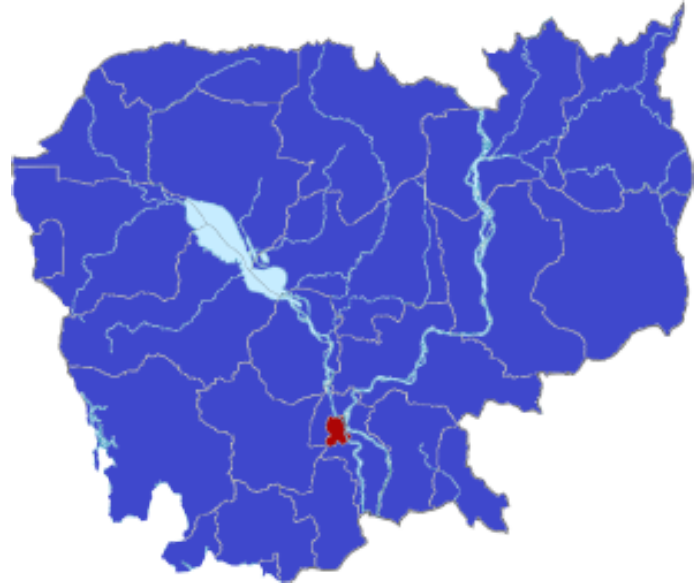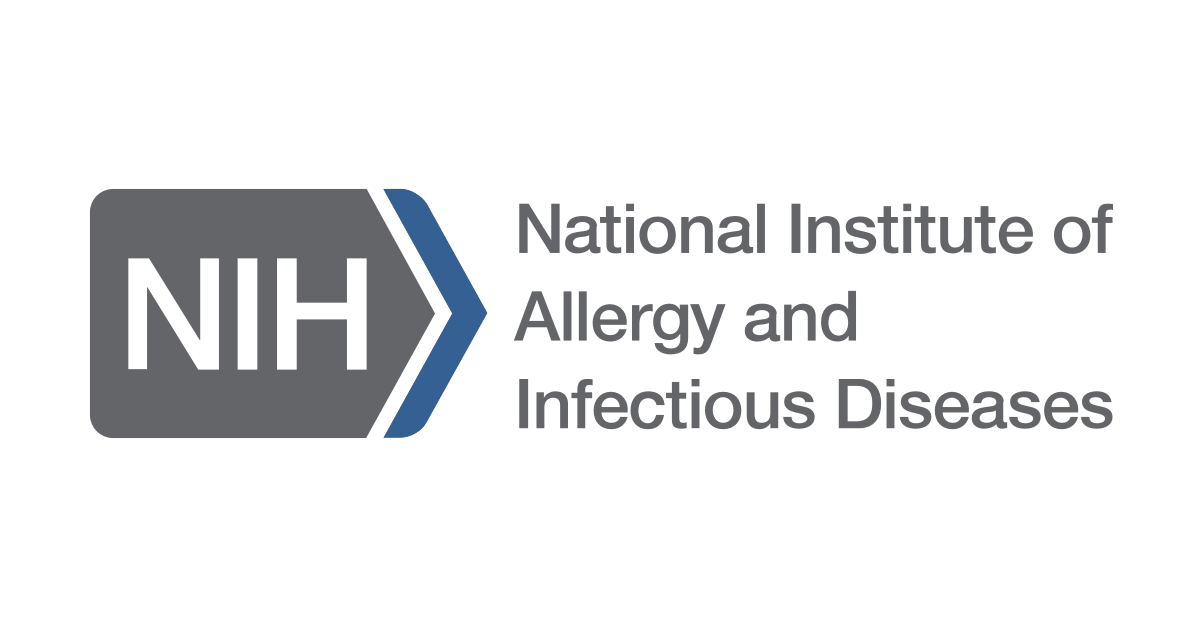Working together to strengthen the quality of health and social services in Cambodia.
We are conducting medical research together with both government institutions and non-governmental organizations involved in infectious disease control to develop national policy and improve emerging disease responses in Cambodia.
OUR PROJECTS
Using metagenomic next-generation sequencing (mNGS), we identified a variety of vector-borne, zoonotic, and emerging pathogens responsible for undifferentiated fevers in a periurban population in Cambodia. From March 2019 to present, PHD, the National Malaria Center and the Cambodia Communicable Disease Center (CCDC) enrolled more than 2,000 febrile illness cases. We collected sera and prepared sequencing libraries from extracted pathogen RNA for unbiased metagenomic sequencing and subsequent …
The emergence of antimicrobial resistance (AMR) is a growing global concern. An estimated 4.95 million deaths in 2019 were associated with bacterial AMR, of which 1.27 million deaths were attributable to bacterial AMR. In Cambodia, national AMR surveillance has been in effect since the AMR Technical Working Group was established in 2012. The current system outlined in the Laboratory-Based Antimicrobial Sentinel Surveillance Standard Operation Procedure (November 2017) collects data from 8 sentinel sites. Cambodia has reported data to GLASS since 2018. …
The Cambodian National Dengue Control Strategic Plan (NDCSP) for 2013-2020 was developed and implemented with partners, particularly the WHO. There were 5 elements: (1) improving timely and accurate diagnosis and effective clinical management of DENV cases at all levels of healthcare service delivery; (2) strengthening surveillance, risk assessment, and outbreak preparedness; (3) developing vector management approaches given the emergence of other arboviral infections like CHIKV; …
PROM Health Development (PHD) and Department of Wildlife and Biodiversity (DWB) of the Forestry Administration (FA) in Cambodia have a long-term joint purpose to investigate potential zoonotic reservoirs to help public health response in the wild animal Scientists have long suspected bats to be the natural reservoir for coronaviruses (severe acute respiratory syndrome). Animals have been identified as the source of many dangerous viruses, such as Nipah, Hendra, Ebola, MERS and Monkeypox.
Updated Published Journal Articles
Links to Partner and Funding Agency portals





